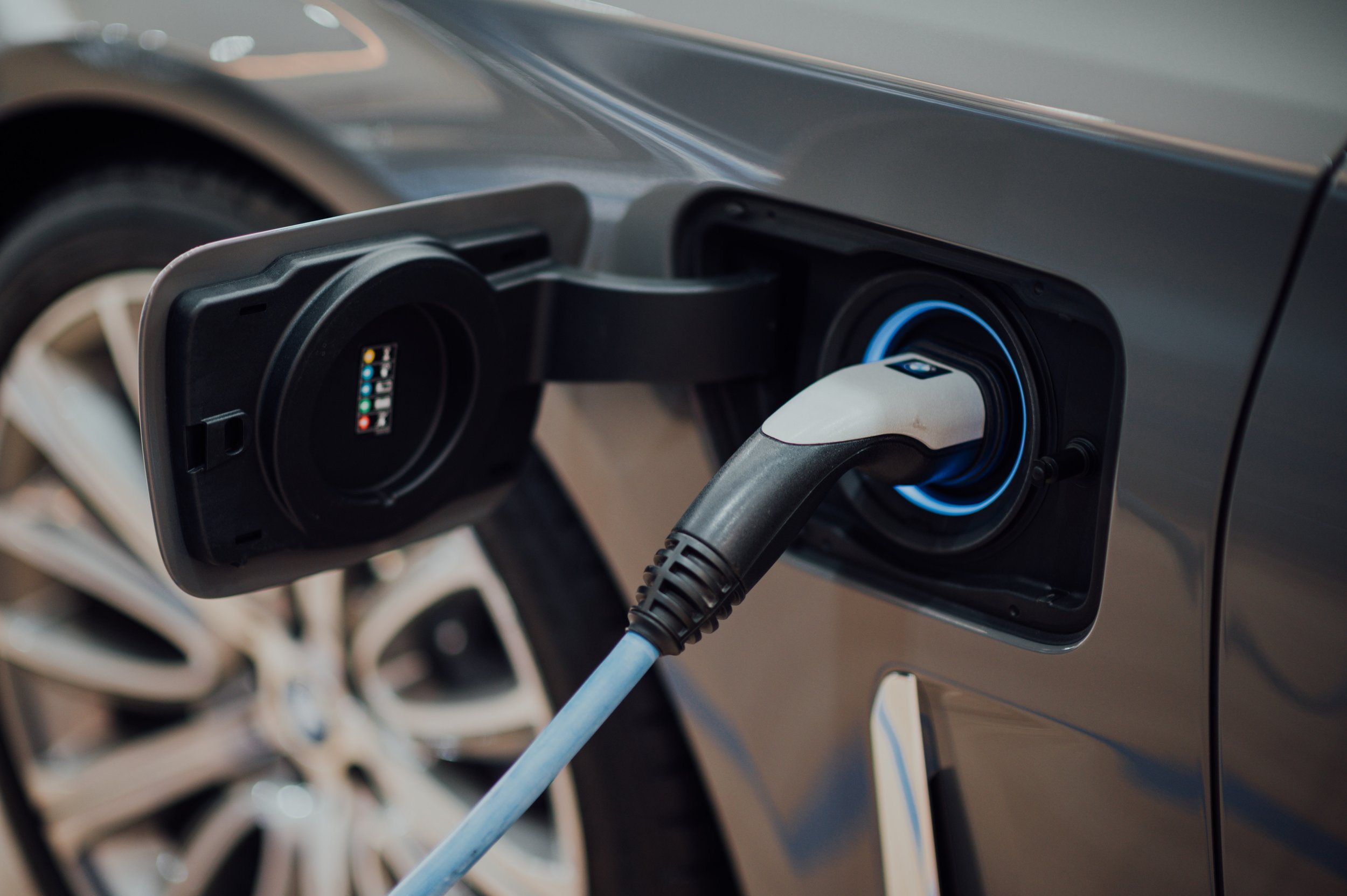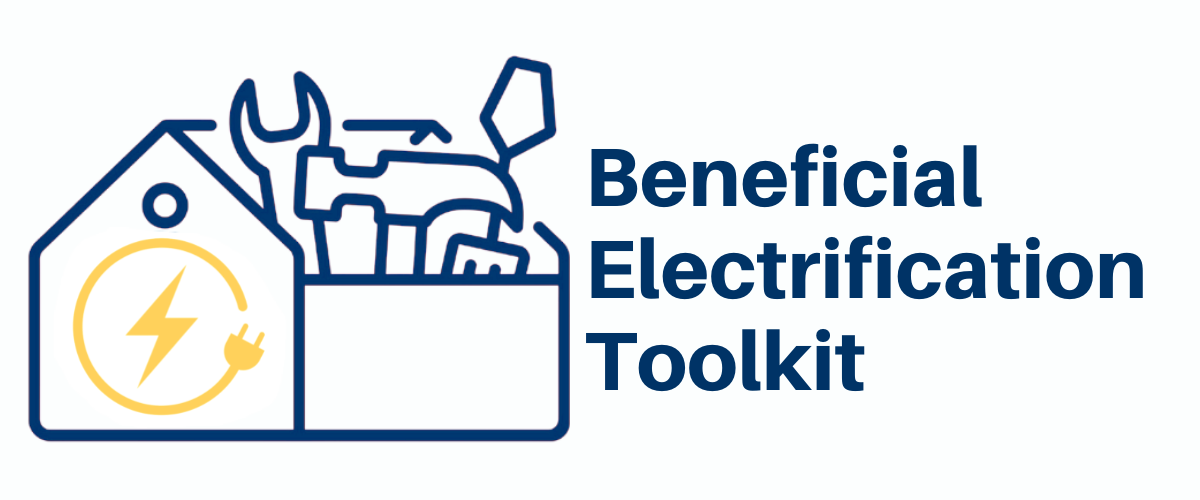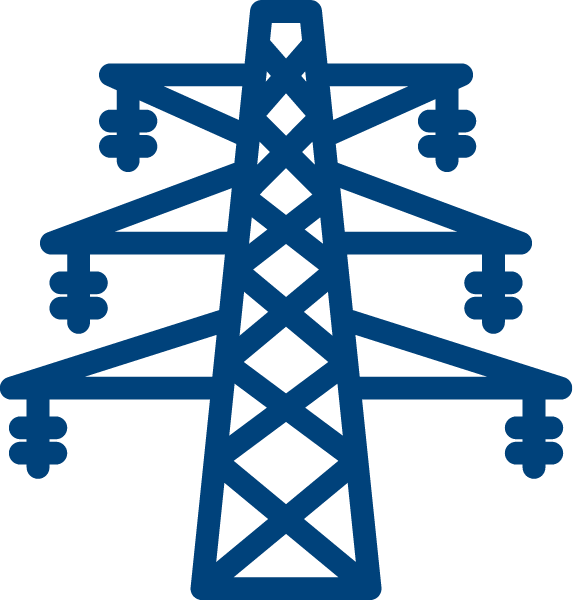
Building Electrification
Residential Space Conditioning Overview
A Technology Leaping Ahead
Air source heat pumps installed at the Outlook Inn, Orcas Island. Photo Credit: OPALCO
Consumers have very different options for affordable electric space conditioning than they did 10, or even five years ago. No longer are baseboard heaters the go-to electric space heating option, nor has heat pump technology stood still. First generation air-sourced heat pumps were ignored by many because they were unable to properly heat or cool homes when outdoor air temperatures fluctuated dramatically or dropped into freezing temperatures. However, newer “cold climate heat pumps” perform well down to -10°F. Even mid-range modern heat pumps offer outstanding energy efficiency, and therefore tremendous savings over outdated electric and fossil fuel heating. These units can cut customer heating bills while offering electric utilities a tremendous growth opportunity.
How Does a Heat Pump Work?
Step-by-step heat pump process. Image Credit: Michigan Energy Cooperative Association
Heat pumps work by transferring heat from one place to another rather than producing it. They use a small amount of external energy to transfer thermal energy, making them extremely energy efficient when compared to electric baseboards and fossil fuel furnaces.
Because thermal energy is being transferred, heat pumps can be used to either heat or cool your home. This means that one heat pump will reduce a home’s space conditioning system from two separate units down to one. Their flexibility to accomplish both tasks minimizes the need for an additional and inefficient AC or heating unit. The installation of a modern heat pump system can be a timely step forward in energy efficiency for a home that has relied on an outdated furnace and central or window AC unit for too long.
Heat Pumps Can Save Customers Money
When compared to propane and fuel oil furnaces, heat pumps can provide big fuel savings every year. The savings of running a more efficient space conditioning system can increase when heat pumps are combined with home weatherization.
For rural residents who use propane or heating oil, heat pumps can be a tool to reduce high energy burdens that disproportionately impact rural residents. This technology can help lower-income residents who feel stuck with high fossil fuel bills, which tend to fluctuate greatly compared to more stable electricity prices.
Boosts the Utility
Beneficial Load Growth
Incoming load growth is only beneficial to a utility when it already has excess capacity or is willing to grow to meet demand. With the arrival of more advanced electrification technologies, it will serve utilities to analyze how they may adapt.
One household converting to an electric heat pump can increase its energy use by 55%
Scaling this to 500 homes in a service territory is an increase of
218 MWh/month
Increased Revenue Strengthens Utility
Electrification through heat pumps can benefit utilities and customers by helping to alleviate downward rate pressures with increased revenues and system utilization.
A financially healthy consumer-owned utility is more stable and better able to help its community. With a global energy transition taking place, capable local utilities are key to ensuring a smoother transformation for all customers.
Utilities can utilize on-bill financing programs to boost heat pump adoption and therefore generate more revenue.
Comfort and Safety
Residents can heat and cool their homes more comfortably with heat pumps while saving on their energy bills. Plus, new heat pumps allow for convenient remote control via residents’ devices as well as monitoring of the home’s system.
Beyond the convenience of electrified space conditioning, removing combustible energy sources improves the overall safety and health of a home. Fuels like diesel oil, propane, and natural gas can cause serious health problems when leaking or improperly combusted. Rural homes and communities switching from wood stoves to electric heating will also experience a dramatic reduction in local air pollution.
Utility and Performance
Continuous performance improvements have proved that these are not your parents’ heat pump. Heat pumps now regularly exceed 300% efficiency, operate within cold climates, allow humidity control, and are quieter than ever.
Heat pumps now come in a wide array of styles, including some which pair with existing duct work, others which can take advantage of the earth’s heat with geothermal heating, and still more that can even be installed with no ducting at all. These are clean, quiet, dependable, and affordable heating and cooling machines.
Supports Emissions Reduction Goals
Utilizing heat pumps as a tool to lower harmful greenhouse gas emissions relies not just on the technology itself, but upon an electric grid that is becoming more carbon-free. However, even in today’s electric grid, the emissions attributable to operating modern electric heat pumps are 38 to 53% less than a gas furnace, according to a 2022 comprehensive study published in the journal, Energy Policy. This study also accounted for the global warming potential from the often overlooked impact of fugitive emissions from both heat pump and furnace equipment.
State and local requirements for utilities to lower greenhouse gas emissions can be addressed through electrifying space conditioning. Beyond meeting mandates, utilities may support the voluntary targets of local government and commercial partners in their bid to reduce emissions and costs from the volatile fossil fuel market.
At home, heat pumps deliver quality space conditioning without any on-site emissions. As the impacts of a changing climate are felt nationally, utility customers must be able to relate to the challenge and opportunity of this energy transition. By upgrading to a heat pump, customers can tangibly take a step towards reducing their emissions, and their energy costs, by electrifying their home heating and cooling.
This is Beneficial Electrification
Additional Resources
Department of Energy: Cold Climate Air-Source Heat Pumps: An Innovative Technology to Stay Warm in Winter and Cool in Summer
Cold Climate Housing Research Center: Air Source Heat Pumps
Rocky Mountain Institute: A Practical Solution for Cold Climates
Energy Policy: Greenhouse gas emission forecasts for electrification of space heating in residential homes in the US







